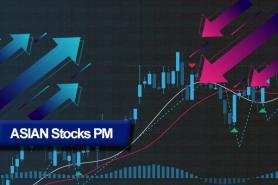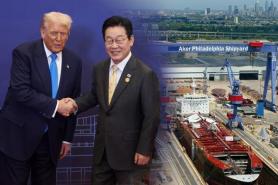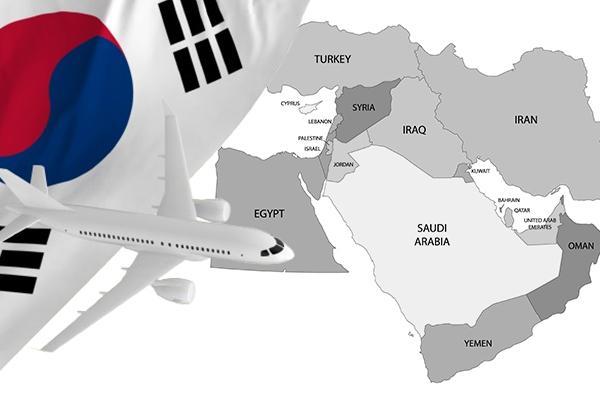
The two-day UAE visit includes leaders from Korea's industrial backbone: Samsung Electronics Chairman Lee Jae-yong, Hyundai Motor Group Executive Chair Chung Eui-sun, and Hanwha Group Vice Chairman Kim Dong-kwan, who are bringing with them Korea's strengths in semiconductors, mobility and defense.
The broader Middle East has emerged as a fast-expanding frontier for Korean exporters. While it ranked eighth among Korea's nine major export destinations in the first half of 2025, its growth rate was the third-fastest, rising 14.8 percent year-on-year. Total annual exports to the region climbed from 14.6 billion won in 2020 to 19.6 billion won in 2024, recording a compound annual growth rate of 6.05 percent, according to the Ministry of Trade, Industry and Energy.
Defense is set to be one of the most significant agenda items, with President Lee and executives from Hanwha and Hyundai Motor Group promoting Korean weapons systems at the Dubai Airshow, the Middle East's largest aviation and defense exhibition.
The region – a persistent flashpoint for conflict - has shown rising interest in modernized Korean defense systems. The UAE became the first foreign nation to acquire South Korea's Cheongung-II surface-to-air missile system in 2022 through a $3.5 billion deal, followed by Saudi Arabia and Iraq with separate contracts worth $3.2 billion and $2.8 billion.
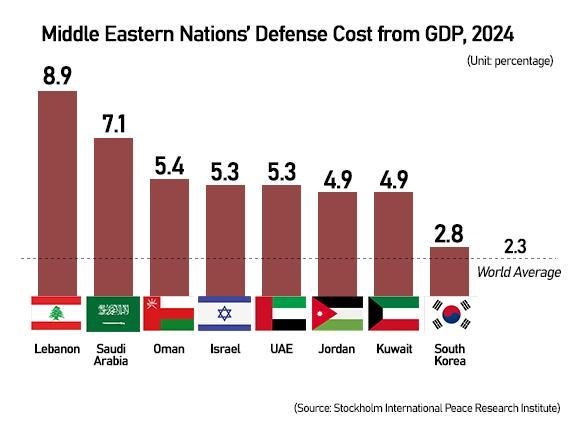
Korean companies have intensified their outreach as regional conflicts show no signs of easing. Hanwha Aerospace opened a Middle East–North Africa regional headquarters in Riyadh on Sept. 3 and is reviewing a joint venture with Saudi Arabia's Ministry of National Defense. Vice Chairman Kim Dong-kwan met Saudi Defense Minister Prince Abdullah bin Bandar bin Abdulaziz on Sept. 21 to present key weapons including the K9 self-propelled howitzer and Redback infantry fighting vehicle, while discussing localization strategies.
Hyundai Rotem is competing with a desert-adapted K2 main battle tank designed for extreme heat, equipped with desert camouflage and an active protection system to counter anti-tank missiles in local environments. LIG Nex1, already established in the region through the Cheongung program, signed a 1.477 trillion won contract on Oct. 27 to supply core components for Iraq's Cheongung-II project, alongside Hanwha Systems and Hanwha Aerospace.
Experts say the region's combination of unstable security conditions, high defense spending relative to GDP, and disrupted global supply chains is driving new opportunities.
Jang Nam-hyun, analyst at Korea Investment & Securities, said at a defense seminar on Oct. 27 that opportunities are opening as traditional exporters — the United States, France and Germany — have shifted focus to Europe since the Russia-Ukraine war, while many Middle Eastern militaries face replacement demand for aging tanks and armored vehicles.
Beyond defense, the UAE remains Korea's closest economic partner in the Middle East and the only country in the region with which Seoul maintains a special strategic partnership.
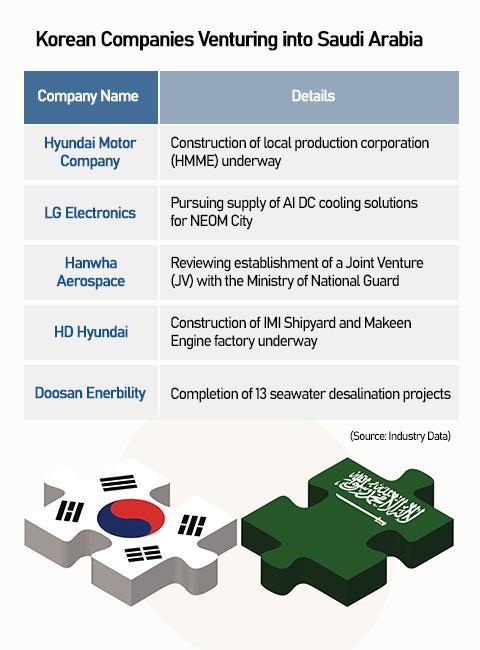
The UAE was the first to import South Korea's nuclear reactor technology through the Barakah project, and is now looking to expand cooperation into hydrogen, leveraging abundant natural gas and renewable energy assets, Undersecretary for Energy and Petroleum Affairs Sharif Al Olama said in an interview with AJP.
President Lee described the UAE as a vital platform for Korea's broader regional ambitions. "The UAE can serve as a base camp for Korea as we expand into Africa, Europe and the Middle East," he said Monday. "The two countries should evolve from brotherly nations into an economic community." Lee also called for expanded joint research, co-production and third-country energy projects between Seoul and Abu Dhabi.
After the UAE, President Lee will travel to Egypt before heading to South Africa for the Group of 20 summit, state visiting Turkiye (Turkey) for his final destination.
Copyright ⓒ Aju Press All rights reserved.



